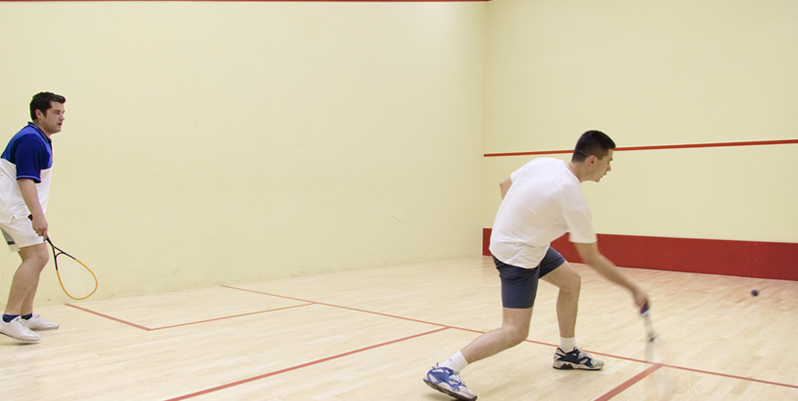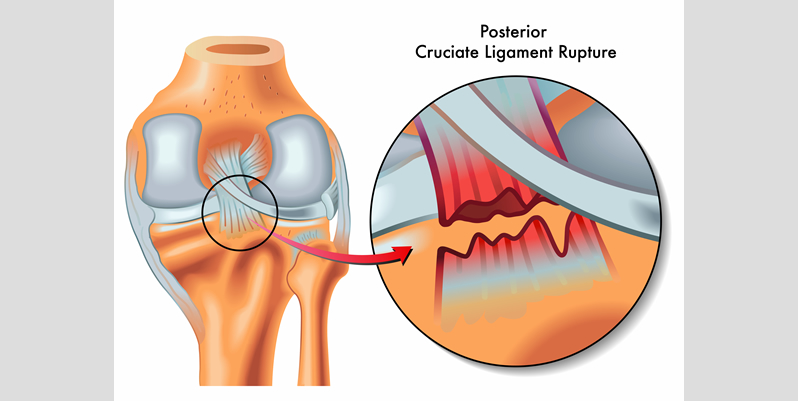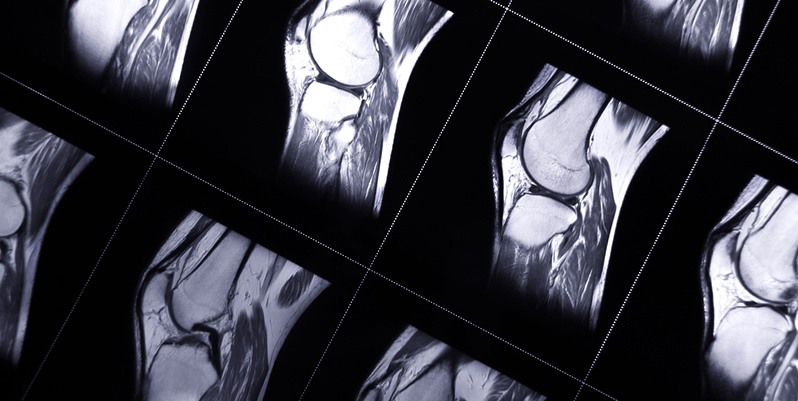PCL surgery can help to restore the stability of your knee if the posterior cruciate ligament has been torn or sprained. Having the surgery can enable you to enjoy a more active lifestyle after a knee injury.

The posterior cruciate ligament or PCL is a strand of tough tissue that helps to keep the knee stable. The ligament connects the thigh and shin bones at the back of the knee. The PCL prevents the shin bone from moving too far backwards when your knee bends. PCL injuries are usually the result of a strong impact to the knee, such as during a car accident or sports injury. In some cases, a small tear will be able to heal by itself with plenty of rest. However, if the tear is severe it may require surgical treatment, especially if there is damage to other parts of the joint too. Surgery can ensure that the knee is stable and to relieve symptoms such as stiffness, pain and restricted mobility. However, surgery isn’t the right treatment option in every case. The damage will need to be assessed by a specialist in order to determine whether PCL reconstruction can help.

PCL surgery is usually performed as a keyhole or arthroscopic procedure, which means it will be done through several small incisions rather than one large one. The doctor will use an arthroscope to see inside the knee during the operation. PCL reconstruction may be conducted with either a general anaesthetic or an epidural. It isn’t usually possible to stitch a torn ligament back together, so PCL surgery uses a graft to reconstruct the ligament instead. The graft will usually be a section of tendon taken from another part of your body, such as the kneecap or hamstring. It will be attached to the bone at either end of the PCL. The doctor will ensure that the graft is attached securely and has the right tension and range of movement. The damaged ligament should gradually be replaced with new tissue that grows along the graft.Recovering from PCL surgery will take at least six months. You will need to rest your knee for several weeks after the operation. Physiotherapy will then help to rebuild your strength and mobility as the ligament regenerates. It can be up to a year before you will be able to return to strenuous physical activities such as playing sports.

If you have damaged your PCL and you are considering surgery, make an appointment with Mr Matt Dawson at the Cumbrian Knee Clinic to find out whether it is the right choice for you.
Matt Dawson is a Specialist Knee Surgeon with over 16 years Consultant experience. Matt is internationally renowned as one of the leading authorities on knee realignment surgery
Specialist Knee Surgeon
Over 16 years Consultant experience
Internationally Recognised
Patient Centric Approach
Holistic Approach
Enhanced Recovery Programme (ERP)
Leading in Knee Realignment Surgery
Matt practices in the North of England and is available
to see patients from all over the UK
Circle Health group
Meadowside, Lancaster
Lancashire, LA1 3RH
Phone: 01524 62345
Fax: 01524 844725
Clayton Road,
Newcastle upon Tyne,
Tyne and Wear, NE2 1JP
Phone: 0191 281 6131
Cumbrian Knee Clinic @ Penrith
Community Hospital
Bridge Lane
Penrith, CA11 8HX
Phone: 01697 282119
Fax: 01697 282119








Copyright 2024 The Cumbrian Knee Clinic. All rights reserved.